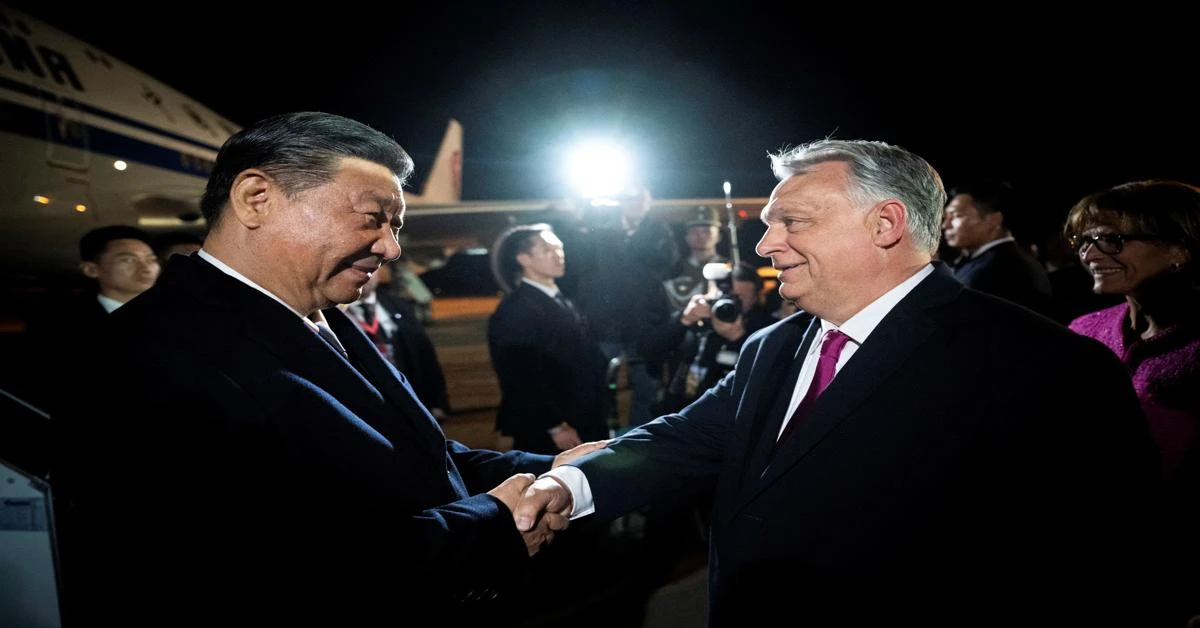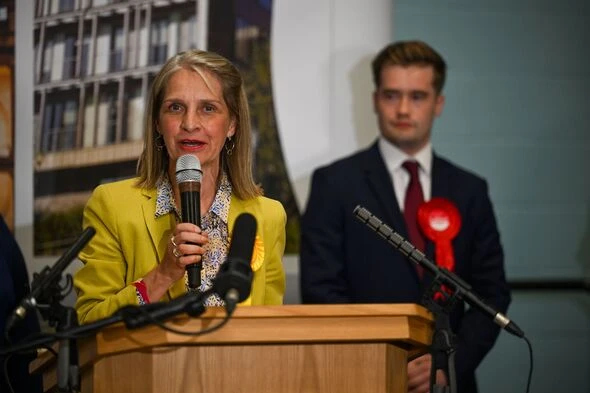Chinese President Xi Jinping to discuss trade, Ukraine with Orban in Hungary

Chinese President Xi Jinping visits Hungary to highlight strong trade ties and investments as talks with Prime Minister Viktor Orban will cover Ukraine war and infrastructure projects
Chinese President Xi Jinping will meet with Hungarian Prime Minister Viktor Orban Thursday – the third stop of his first European tour in five years.
Arriving in Budapest late on Wednesday, Xi can expect a warm welcome in a country that is a critical partner in trade and investment.
During his meeting with Hungarian Prime Minister Viktor Orban, Xi Jinping is expected to discuss pressing issues such as the war in Ukraine and ongoing infrastructure projects. Hungary stands out as an essential partner in trade and investment, unlike other EU countries considering distancing themselves from China.
In a Hungarian pro-government newspaper, Xi emphasized his deep friendship with Hungarian politicians and underlined that Hungary is a prime target for China’s investments in the Central Eastern European region.
Xi, who visits Hungary after France and Serbia, is expected to hold talks on Ukraine, reiterating Paris’ concerns about the balance of trade with Europe and increasing leverage over Russia to end the conflict.
Hungarian Foreign Minister Peter Szijjarto underlined the importance of the 16 to 18 new cooperation agreements expected to be signed between Hungary and China and the talks on Ukraine.
These agreements could include large-scale infrastructure projects aligned with China’s Belt and Road Initiative, reflecting Serbia’s support for the initiative.
Beyond trade and investment, China cooperates with Hungary on public security and law enforcement, demonstrating the multifaceted relationship between the two countries.
Prime Minister Orban’s efforts to strengthen ties with Beijing since 2010 have translated into significant investments, especially in the electric vehicle sector.
Major Chinese investors such as CATL and BYD have set up major production facilities in Hungary, taking advantage of the proximity to crucial car factories in Europe and potentially mitigating the challenges posed by EU protectionist measures.
China’s move towards EV production in Hungary reflects a strategic response to EU policies to preserve expansion opportunities in the EU market.
Manufacturing within the EU can buffer against potential disruptions from protectionist measures and provide a more stable environment for Chinese EV manufacturers in Europe.
Source: Reuters



